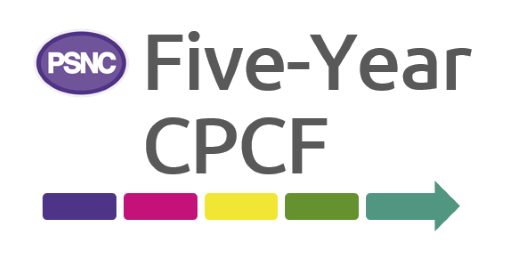Contractor Notice – EPS tokens and NCSO endorsement no longer accepted for SSP claims
The Department of Health and Social Care (DHSC) has confirmed that from February 2022, only the ‘SSP’ endorsement will be accepted on electronic prescriptions and paper FP10 prescription forms to claim for any supplies made in accordance with a valid Serious Shortage Protocol (SSP). The ‘SSP’ endorsement, introduced in June 2021, uses the code ‘SSP’ followed by the three-digit reference number applicable to the SSP for example, SSP for Paracetamol 120mg suppositories would be endorsed as ‘SSP 015’.
From February 2022, the NHS Business Services Authority (NHSBSA) will NO longer accept the ‘NCSO’ endorsement and/or use of the EPS tokens by contractors to claim for any supplies made in accordance with a valid SSP.
Background
To allow for implementation of the new SSP endorsement functionality, a transition period (between 1 June 21 – 5 October 21) was initially agreed to allow continued use of the ‘NCSO’ endorsement and EPS tokens by contractors to claim for any supplies made in accordance with a valid SSP. This transition period was extended by a further three months to the end of January 2022 to not only allow system suppliers sufficient time to make changes to their systems but to also allow contractors an opportunity to familiarise themselves with the new SSP endorsement requirements. From February 2022, only the new SSP endorsement (for example, SSP 015) will be accepted for any SSP claims.
Invalid SSP claims
In the past few months, the NHSBSA has received a significant number of invalid EPS SSP claims submitted by contractors. The main reasons for these incorrect/invalid SSP claims are due to:
- Incorrect item endorsed – Incorrect item endorsed was almost always the same as original prescribed item rather than the alternative supplied in accordance with a valid SSP. Majority of the SSP errors were for incorrect item endorsed on the EPS messages (Electronic Reimbursement Endorsement Messages (EREMs)).
- Invalid or incorrect SSP reference number endorsed – For example SSP 000, SSP (missing reference number), SSP 028 (incorrect number), SSP 05 (two instead of three digits).
- SSP claims for prescribed items without an active SSP – SSP endorsed against items for which an SSP did not exist.
- Claims for supplies made in accordance with an expired SSP:
- No active SSP in place at the time of supply – ie SSP claimed for items on prescriptions issued after SSP expired
- Alternative item correctly supplied during the period of SSP validity but Dispense Notification message submitted after the period of SSP validity
- Alternative item correctly supplied during the period of SSP validity and the Dispense Notification message submitted during the period of SSP validity but the EREM or Claim Notification message submitted after the 3-month claiming window.
PMR systems
NHSBSA is working with system suppliers to identify and support improvements to existing SSP endorsement functionality offered by suppliers to help reduce the number of invalid SSP claims received by the NHSBSA. To minimise the risk of any endorsing errors via EPS, pharmacy teams are advised to check with their system suppliers on the correct use of the SSP endorsement functionality available through individual systems.
Contractors may raise with their system supplier if the EPS SSP endorsement functionality is unavailable or needs improving. Suppliers also have some flexibility as to the extent to which they will support pharmacy team members for example, by asking users to complete any missing or incomplete SSP endorsement information if the required endorsements are not present or not in the specified format. System suppliers have been informed they can add validation to reduce the risk of invalid SSP endorsements (e.g. to ensure three-digits are always entered for the SSP reference number).
PSNC Top Tips:
|
Additional information
PSNC’s SSP page and list of active SSPs








